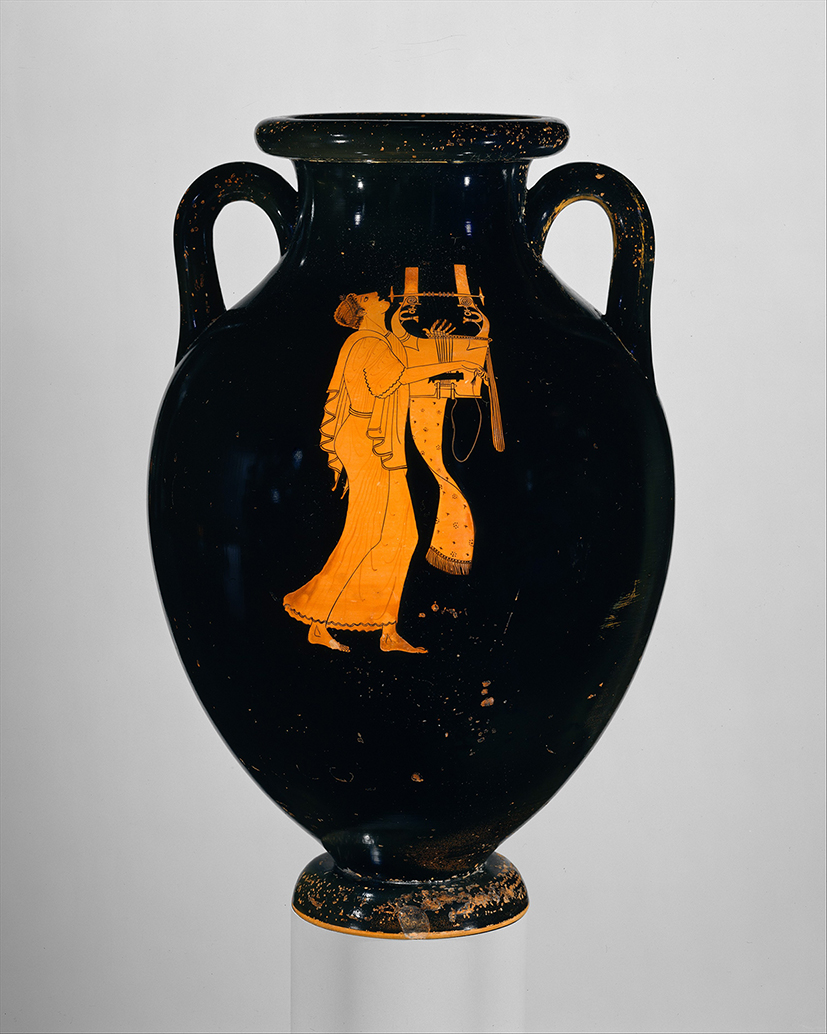Ancient Philosophy (PH140)
In the time of Homer, the eruption of a volcano might have been explained as a sign of Hephaestos’s anger. The world was ruled over by gods and goddesses who could intervene, when they wished, to cause natural disasters, triumphs and tragedies for human beings. Philosophy began when a number of writers, known to us through mysterious and obscure fragments of surviving text, suggested ways of making sense of things without the action of the gods and goddesses of traditional Greek religion, in terms of the workings of material stuffs known to us from our everyday experience.
This module follows the story of the development of Philosophy from the work of these mysterious early figures; inhabitants of a number of small Greek trading colonies on the coast of Asia Minor at around 600-500 BC, through the events around the trial and execution of Socrates, Plato’s extraordinary development of Socratic ideas, and the synthesis of Platonic and materialist ideas in the work of Plato’s most brilliant pupil, Aristotle. By 352BC, these thinkers, between them, had founded philosophy as a discipline of rational thought and enquiry about things at their most general, that now, over 2000 years later, is as healthy and important as it has ever been.
On this module, you will not only learn about the discipline established by these early writers, we will engage philosophically with these ideas by trying to make sense of them. A central question concerns Socrates’ famous method of interrogation and cross-examination, as portrayed in Plato’s early dialogues. Socrates professes not to know anything, but through careful questioning, seems to show that his interlocutors fail to know what they say they do. What is Socrates trying to do when he argues in this way? What is the point of it? Why is it something that we should think it worthwhile to spend our time doing? Indeed, if the Socratic method is the very model of how to do philosophy, why should we bother doing philosophy?! In the remainder of the module, by reading and discussing different aspects of their writings, we will try to make sense of Plato and Aristotle’s own answers to these questions.

